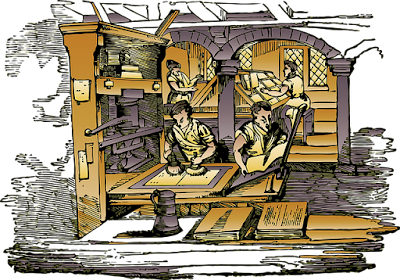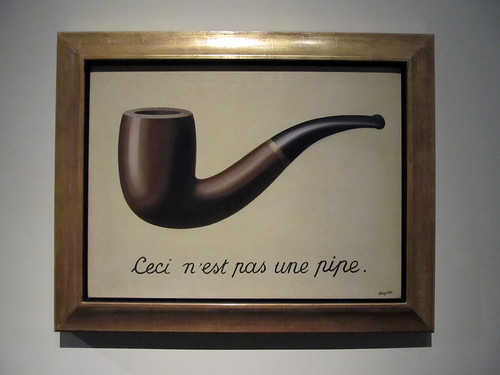It's interesting that when U.S. poet laureate Joy Harjo was working on the Norton Anthology of Native Nations Poetry, she and the other editors decided they needed to hear the whole collection.
"At one point in the editing, we decided to read the whole manuscript aloud," Harjo tells NPR's All Things Considered's Michele Martin. "That's how I revise, so that's what we did — is we took it into our mouths and took it to our bodies."
When the Light of the World Was Subdued, Our Songs Came Through is an anthology of poetry from more than 160 poets, representing close to 100 indigenous nations.
Harjo sees the poetry in this new collection as an opportunity: "A poem opens up time, it opens up memory, it opens up place, the meaning of place, the meaning of ... our place in history," she says.
more of the conversation with Joy Harjo at https://www.npr.org/2020/09/12/911306413/anthology-of-native-nations-poetry-is-a-doorway-says-editor-joy-harjo
Visit our website at poetsonline.org
from Poets Online blog https://ift.tt/36dGNEM









